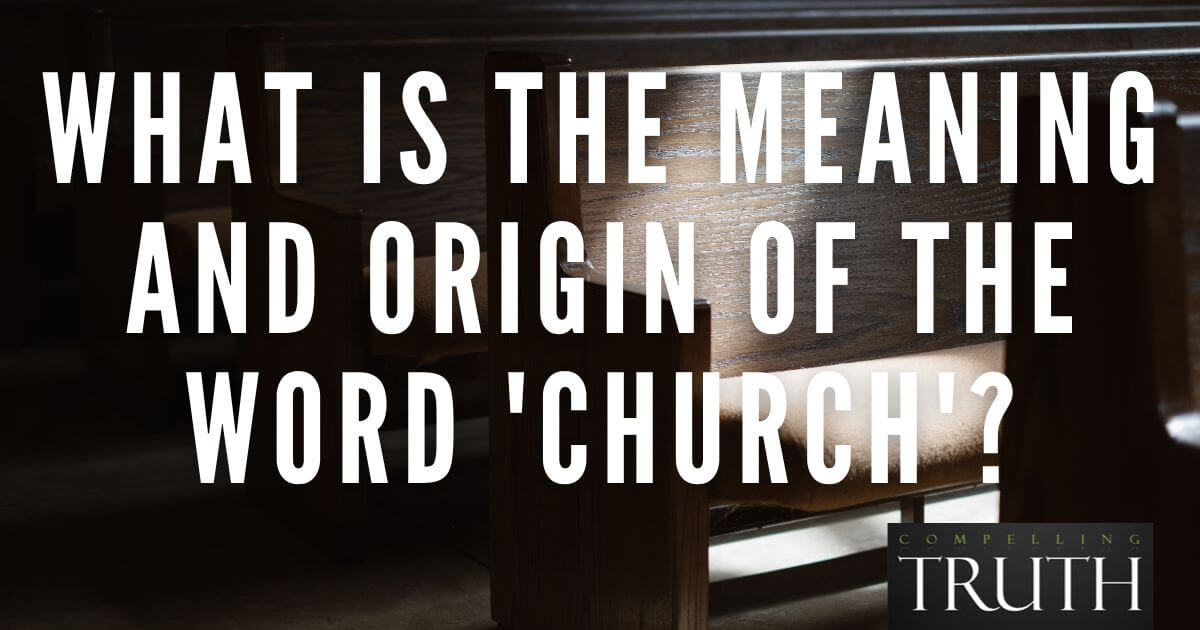The early church was raised in this teaching: "What then shall we say, brothers and sisters? When you come together, each of you has a hymn, or a word of instruction, a revelation, a tongue or an interpretation. Everything must be done so that the church may be built up" (1 Cor 14:26 NIV).
The Corinthians were taught that everyone has a ministry and each ought to exercise that ministry when they gather as the church.
I wish I were young enough to research the reasons why the church moved from an every-member ministry to the prominence of one person (male) to lead the church. Are you aware of any publications/research that can shed some light on this?
Blessings in Christ,
Oz
The Corinthians were taught that everyone has a ministry and each ought to exercise that ministry when they gather as the church.
I wish I were young enough to research the reasons why the church moved from an every-member ministry to the prominence of one person (male) to lead the church. Are you aware of any publications/research that can shed some light on this?
Blessings in Christ,
Oz









